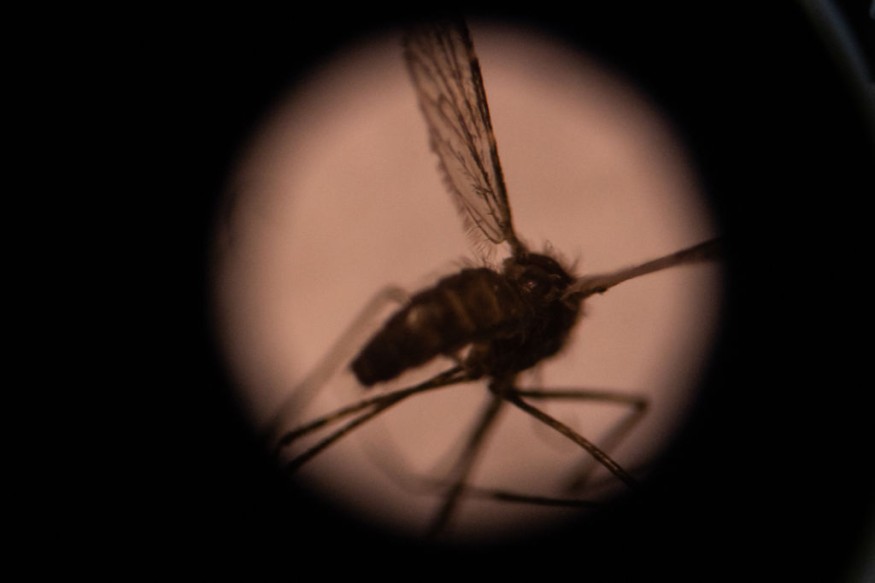Researchers said that deadly Malaria could be prevented and stopped transmission with the help of gene-edited mosquitos, which could help lower their population.
Technology has been significant in mosquito control, developing genetically modified mosquitos to prevent the emergence of malaria mosquitos, especially in poorer communities with inadequate medical systems.
Why Malaria is a deadly mosquito-related disease

According to the Centers for Disease Control and Prevention (CDC), the report explained that malaria symptoms could include chills and fever. Malaria can become deadly when it is left untreated.
The report said other symptoms of Malaria are difficulty breathing, fatigue and abnormal bleeding.
In the United States, the report showed that the country recorded 2,000 Malaria cases each year, noting that the transmission could likely come from travel in other countries.
Furthermore, the World Health Organization (WHO) explained that about 247 million Malaria cases were recorded in 2021, reaching nearly 619,000 deaths globally.
According to the report, the WHO African Region dealt more with the cases of Malaria, making the region with about 95% of cases and 96% were due to malaria deaths.
Gene-edited mosquitos
In the latest report published in Scidev.net and Phys.org, researchers explained the gene technology to prevent Malaria transmission using genetic-edited mosquitos.
Malaria is a deadly health concern, so gene-edited mosquitos could likely help control the mosquitos.
According to Scidev, Michael Santos explained that the modified mosquitos could help reduce the said mosquito size, ensuring that Malaria could not become transmitted.
Santos is also an officer of population health science at the FNIH (Foundation for the National Institutes of Health).
The report noted that Malaria became one of the deadly diseases that killed many in parts of Africa. With the gene-edited mosquito solution, it could likely make a significant impact on communities.
The report also noted that the WHO could estimate about US$7 billion per year to address reducing malaria cases.
Santos is also the GeneConvene Global Collaborative's director that aims to look into biocontrol methods in preventing and stopping mosquito-borne diseases, adding that Malaria mosquitos could likely become more resistant to insecticide control.
Furthermore, the report explained that genetically modified mosquitoes could specifically target malaria-related mosquitos.
Part of the research is to ensure that the genetic drive advocacy is considered safe for public health protocols.
Experts and health officials evaluated the gene drive approaches, with risk assessments to examine the impact on animals and humans.
Meanwhile, the report explained that the African Union and African Union Development Agency-NEPAD (AUDA-NEPAD) would evaluate malaria control technologies.
How to prevent Malaria
According to Cleveland Clinic's report, Malaria mosquitos have parasites that could enter the body's bloodstream.
If you plan to travel, it is best to check for Malaria cases, which could help you become prepared.
Furthermore, it is best that you should mosquito repellant to your exposed skin, checking that it could prevent Malaria.
Wearing long pants or sleeves and covering your windows with screens are also helpful.
Related Article : Peru's Bird, Bats Help With Endangered Dry Forest, Cacao Yield
For more similar stories, don't forget to follow Nature News.
© 2025 NatureWorldNews.com All rights reserved. Do not reproduce without permission.





